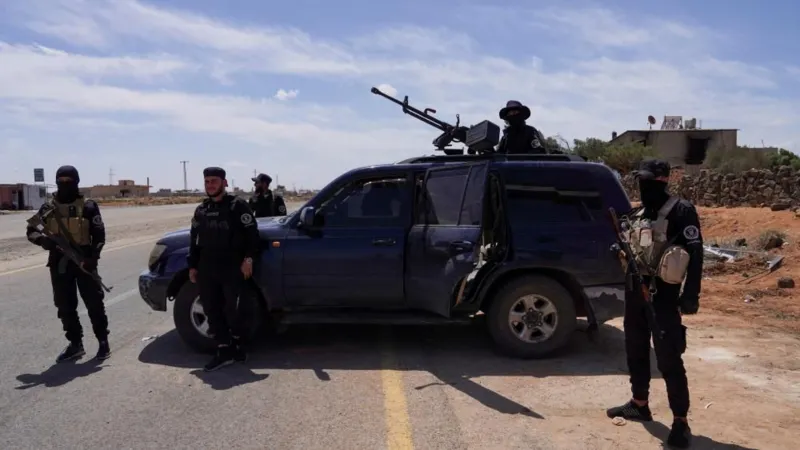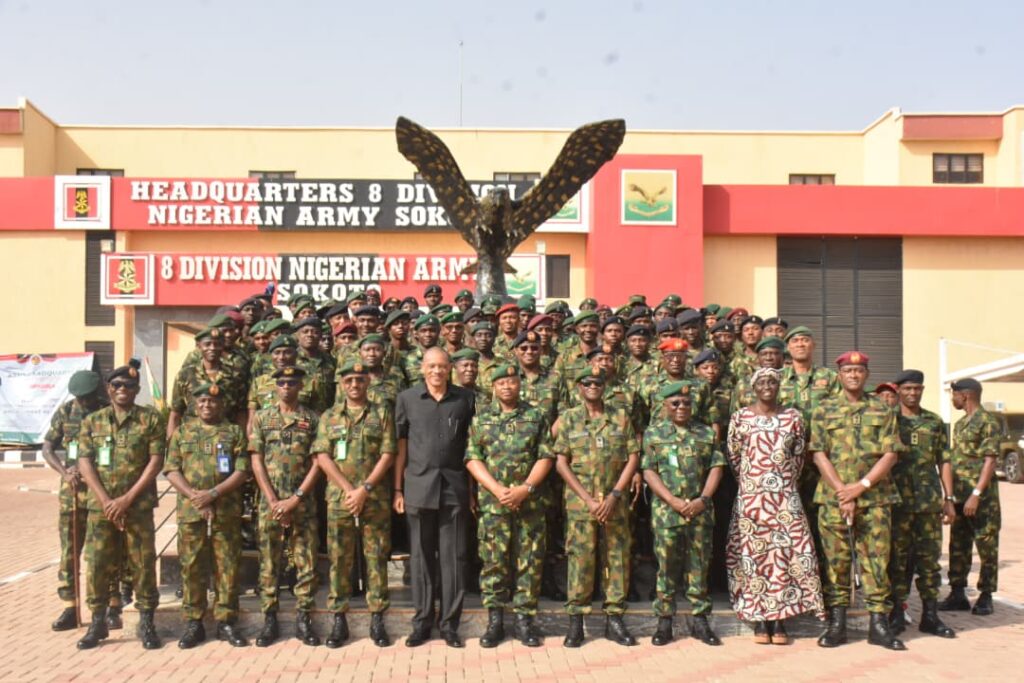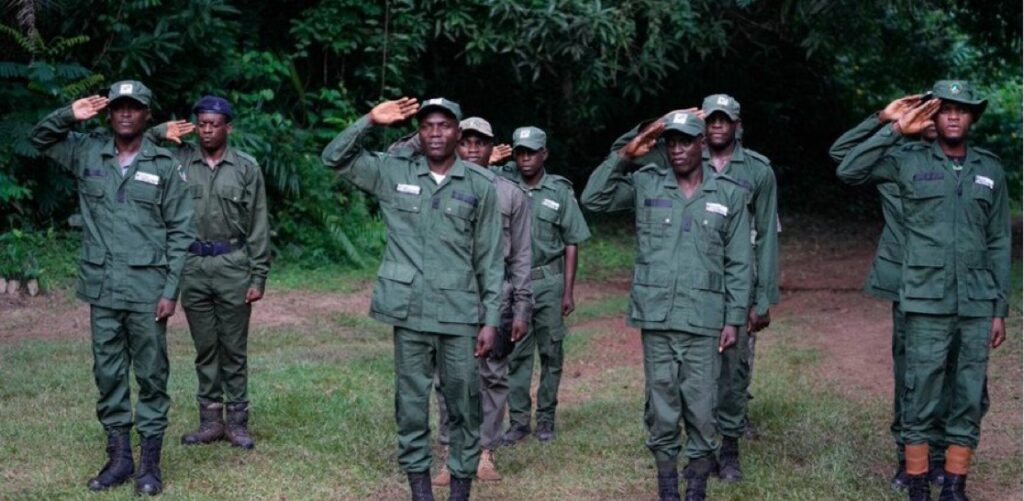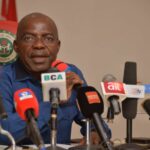Mounting Tensions Leaves Dozens Dead as Sectarian Clashes Erupt in Southern Syria

At least 30 people have been killed and scores injured in fierce clashes between Sunni Bedouin tribes and Druze fighters in the southern Syrian city of Sweida, as mounting sectarian tensions test the stability of the country’s fragile new leadership.
Syria’s Interior Ministry confirmed the death toll on Monday, while the UK-based Syrian Observatory for Human Rights reported a higher figure of 37 fatalities and over 100 people injured in the violence.
Government forces have been deployed in a bid to quell the escalating unrest and prevent further bloodshed.
The renewed fighting marks one of the deadliest flare-ups since the fall of the Assad regime last December, when Sunni Islamist rebels, led by the hardline group Hayat Tahrir al-Sham (HTS), seized Damascus and toppled President Bashar al-Assad after more than five decades of dynastic rule.
Since then, a new Islamic-led administration has taken charge, grappling with the daunting task of restoring order in a country fractured by 13 years of civil war.
However, recent months have seen growing unrest among Syria’s minority communities, including the Druze and Alawites, who now fear marginalisation and lack of protection under the emerging power structure.
The governor of Sweida, Mustapha al-Bakur, has urged residents to “exercise self-restraint and respond to national calls for reform,” as local spiritual leaders also appealed for calm. Despite these pleas, tensions remain high in a region where minority groups had previously coexisted under a delicate balance maintained by the former regime.
The Druze, an offshoot of Shia Islam with significant populations in Lebanon, Jordan, and Israel, were often quietly supportive of Assad’s rule, viewing the state as a buffer against more radical threats during the civil war.
Their sense of security, however, has eroded since the new government took power. In interviews earlier this month, members of the Druze community told the BBC they feared both physical violence and political exclusion.
The violence in Sweida is the latest in a string of clashes involving minority groups since the start of the year. Deadly confrontations in April and May between the Druze and government security forces have already left dozens dead, while members of the Alawite sect to which the Assad family belonged have also come under attack.
Even churches in the capital have not been spared, with worshippers targeted in recent months.
Amid this rising instability, Western governments are cautiously re-engaging with Syria. In a significant diplomatic shift, the United States this month removed HTS from its list of foreign terrorist organisations.
Meanwhile, British Foreign Secretary David Lammy recently became the first UK minister to visit Syria since the 2011 uprising that plunged the nation into war.
While efforts to stabilise and rebuild continue, the recent bloodshed in Sweida underscores the deep divisions still plaguing Syria and raises pressing questions about whether the new leadership can unite a country long fractured along religious and ethnic lines.









